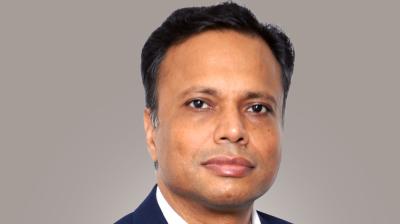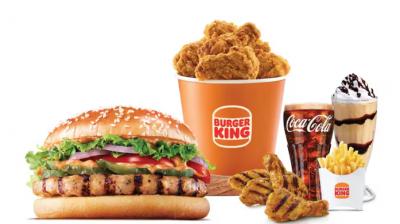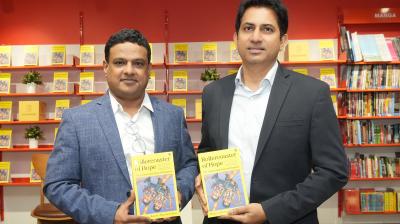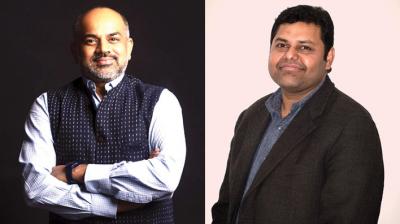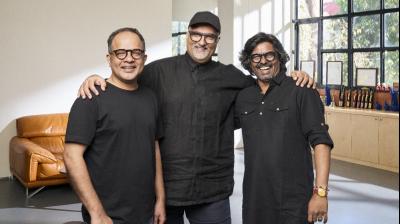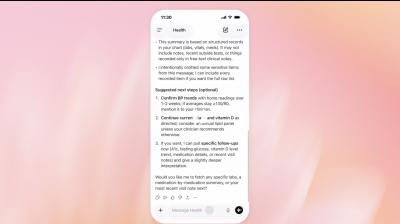Nidhi Rastogi, marketing director, joined the brand four months Uniqlo launched its first store in India in October 2019.
Present across 18 stores, having recently launched in Bengaluru and Pune, Uniqlo crossed the INR 1,000 crore revenue mark as well.
Talking about her journey with the brand over the last six years, Rastogi stated, "Over the past six years, we have faced many challenges, particularly low brand awareness, as Uniqlo was primarily known to those who had travelled abroad. We have since implemented several initiatives to increase awareness of both Uniqlo and our ‘Lifewear’ philosophy. Our compounded annual growth rate (CAGR) stands at about 60%. This year, our year-on-year growth reached 44%. These results highlight our strong growth trajectory. Looking ahead, our target is to achieve the INR 3,000 crore milestone within the next two to three years."
This growth was achieved through strong 'product marketing' revealed Rastogi.
"Product marketing is very unique and differentiated when it comes to Uniqlo. Our philosophy of ‘LifeWear’ is all about offering products to people that make their lives better – that’s at the core of everything we do at Uniqlo. We had to deliver this message to customers. We spoke about the technologies that go behind products like ‘Airism’ and ‘Heattech’ as the customer had to be made aware of them. Our constant endeavour is how we can explain how these technologies are helping them out and makes their lives better," she said.
E-commerce strategy
Uniqlo's e-commerce strategy is direct to consumer, and does not sell on the likes of Myntra (Rastogi's previous company).
Explaining this strategy, Rastogi, said, "We are a brand that believes in owning customer experience. We don’t want to dilute it. All our stores across the world are owned by us, and we don’t have a franchisee model. Customer experience is critical for us. We do a lot of things that other retailers don’t do, and that includes not being on marketplaces. We don’t take a lot of personal information from our customers for marketing and advertising, too, as we don’t want to compromise customer experience in any way. A lot of our communication is about building loyalty. The person needs to relate to the brand and feel like Uniqlo replicates his/her values. We are here for the long haul, and our identity is the most critical. For this, we need our store or e-commerce store to explain the philosophy to someone visiting either of them. I can’t use other platforms to explain the brand’s philosophy to anyone."
Catch the full conversation with Rastogi in the October issue of Manifest. Get your copy here.

.jpg)


